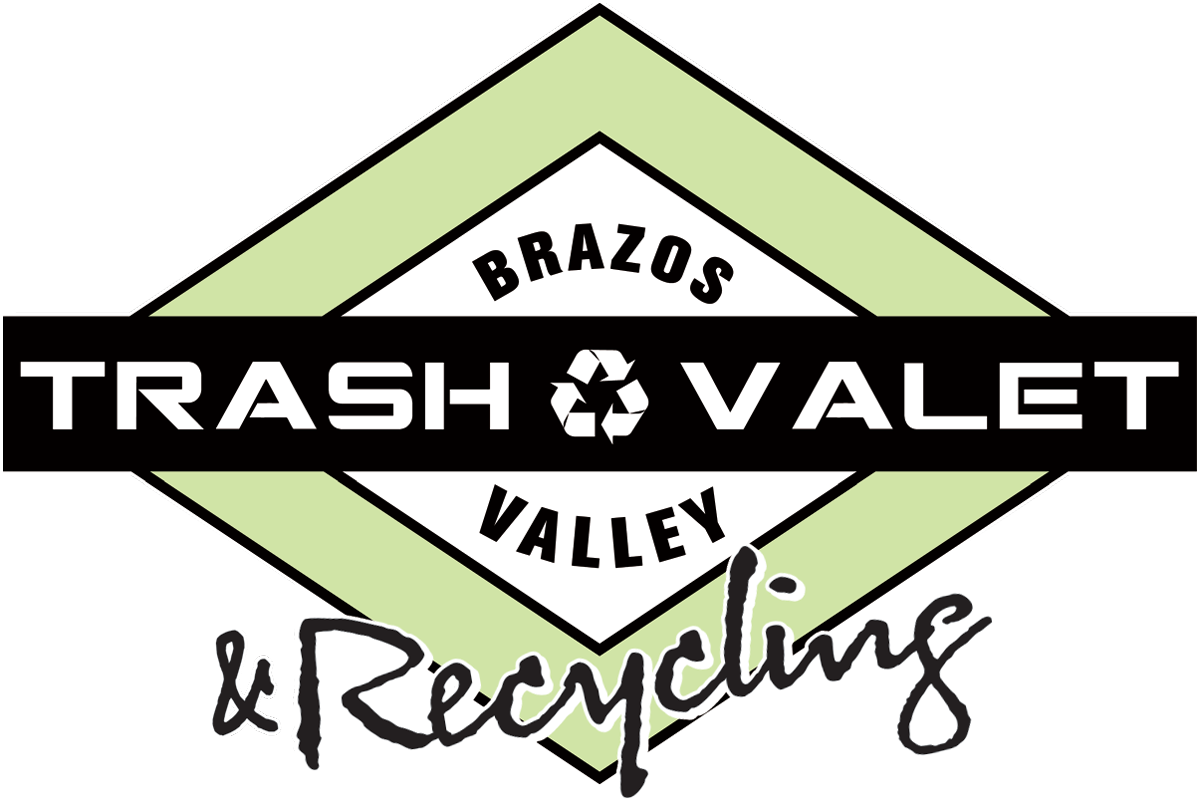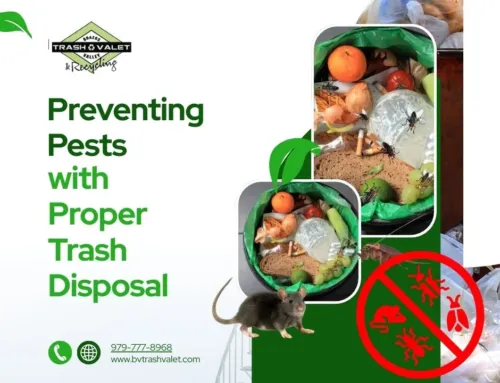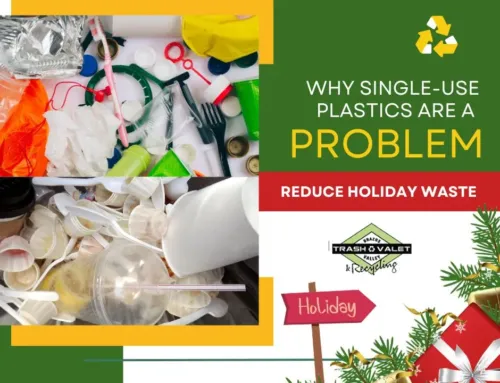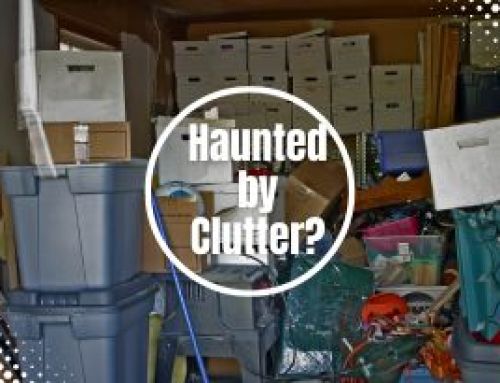Why Burning Yard Waste Is Harmful
Open burning may appear harmless, but the smoke produced carries a toxic mix of pollutants that can have lasting consequences. When leaves, branches, and grass clippings burn, they release carbon monoxide, particulate matter, and volatile organic compounds (VOCs) into the air. These pollutants contribute to air pollution, smog formation, and even climate change.
In addition to environmental harm, burning yard waste can directly affect your health and that of your neighbors. Fine particulate matter (PM2.5) from smoke can penetrate deep into the lungs, aggravating asthma, bronchitis, and other respiratory conditions. Children, the elderly, and individuals with heart or lung disease are particularly vulnerable to the effects of smoke exposure.
Beyond air quality concerns, open burning can also lead to unintended wildfires. A single gust of wind can carry embers far beyond the intended burn area, igniting dry grass or nearby brush. In many communities, especially those prone to drought, open burning is restricted or prohibited for this very reason.
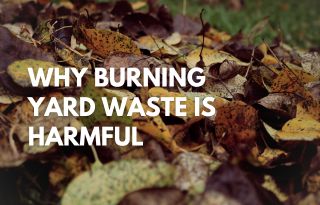
Environmental Impact: More Than Meets the Eye
While it might seem like burning organic matter is a natural way to dispose of it, the environmental cost is significant. Unlike composting, which allows organic materials to decompose naturally and return nutrients to the soil, burning halts this beneficial cycle. Valuable nutrients like nitrogen and phosphorus are lost in the flames instead of enriching your garden.
The smoke from burning also contributes to greenhouse gas emissions, particularly carbon dioxide (CO₂), a leading cause of global warming. When multiplied across neighborhoods and communities, these seemingly small fires become a major source of local pollution.
Safer, Greener Alternatives to Burning
Fortunately, there are eco-friendly and effective ways to handle yard waste without harming the planet or your health.
1. Composting
Composting is one of the best ways to recycle organic materials. By creating a compost pile or bin, you can transform leaves, grass clippings, and small branches into nutrient-rich soil. This natural process not only reduces landfill waste but also improves soil health for gardens and landscaping.
2. Mulching
Instead of burning leaves, turn them into mulch. Shredded leaves make an excellent ground cover that helps retain soil moisture, suppress weeds, and add organic matter back into the earth. Many lawn mowers now come with mulching features, making this process quick and easy.
3. Curbside Collection Services
Many local communities — including BV Trash Valet & Recycling — offer yard waste collection services. These programs ensure that leaves and branches are properly processed into compost or mulch at local facilities, keeping them out of landfills and the air free of pollutants.
4. Drop-Off Sites
If curbside pickup isn’t available, look for local drop-off centers that accept yard debris. These sites are equipped to handle organic materials responsibly and often turn them into valuable landscaping products.
Final Thoughts
As tempting as it may be to light a match and clear your yard in one afternoon, the hidden dangers of burning leaves and yard waste far outweigh the convenience. By choosing composting, mulching, or professional collection services, you’re helping to protect your health, your neighbors, and the environment.
This fall, let’s turn away from outdated habits and embrace sustainable yard care solutions that keep our air clean and our communities safe.
Share This Story, Choose Your Platform!
Why Burning Yard Waste Is Harmful
Open burning may appear harmless, but the smoke produced carries a toxic mix of pollutants that can have lasting consequences. When leaves, branches, and grass clippings burn, they release carbon monoxide, particulate matter, and volatile organic compounds (VOCs) into the air. These pollutants contribute to air pollution, smog formation, and even climate change.
In addition to environmental harm, burning yard waste can directly affect your health and that of your neighbors. Fine particulate matter (PM2.5) from smoke can penetrate deep into the lungs, aggravating asthma, bronchitis, and other respiratory conditions. Children, the elderly, and individuals with heart or lung disease are particularly vulnerable to the effects of smoke exposure.
Beyond air quality concerns, open burning can also lead to unintended wildfires. A single gust of wind can carry embers far beyond the intended burn area, igniting dry grass or nearby brush. In many communities, especially those prone to drought, open burning is restricted or prohibited for this very reason.

Environmental Impact: More Than Meets the Eye
While it might seem like burning organic matter is a natural way to dispose of it, the environmental cost is significant. Unlike composting, which allows organic materials to decompose naturally and return nutrients to the soil, burning halts this beneficial cycle. Valuable nutrients like nitrogen and phosphorus are lost in the flames instead of enriching your garden.
The smoke from burning also contributes to greenhouse gas emissions, particularly carbon dioxide (CO₂), a leading cause of global warming. When multiplied across neighborhoods and communities, these seemingly small fires become a major source of local pollution.
Safer, Greener Alternatives to Burning
Fortunately, there are eco-friendly and effective ways to handle yard waste without harming the planet or your health.
1. Composting
Composting is one of the best ways to recycle organic materials. By creating a compost pile or bin, you can transform leaves, grass clippings, and small branches into nutrient-rich soil. This natural process not only reduces landfill waste but also improves soil health for gardens and landscaping.
2. Mulching
Instead of burning leaves, turn them into mulch. Shredded leaves make an excellent ground cover that helps retain soil moisture, suppress weeds, and add organic matter back into the earth. Many lawn mowers now come with mulching features, making this process quick and easy.
3. Curbside Collection Services
Many local communities — including BV Trash Valet & Recycling — offer yard waste collection services. These programs ensure that leaves and branches are properly processed into compost or mulch at local facilities, keeping them out of landfills and the air free of pollutants.
4. Drop-Off Sites
If curbside pickup isn’t available, look for local drop-off centers that accept yard debris. These sites are equipped to handle organic materials responsibly and often turn them into valuable landscaping products.
Final Thoughts
As tempting as it may be to light a match and clear your yard in one afternoon, the hidden dangers of burning leaves and yard waste far outweigh the convenience. By choosing composting, mulching, or professional collection services, you’re helping to protect your health, your neighbors, and the environment.
This fall, let’s turn away from outdated habits and embrace sustainable yard care solutions that keep our air clean and our communities safe.
